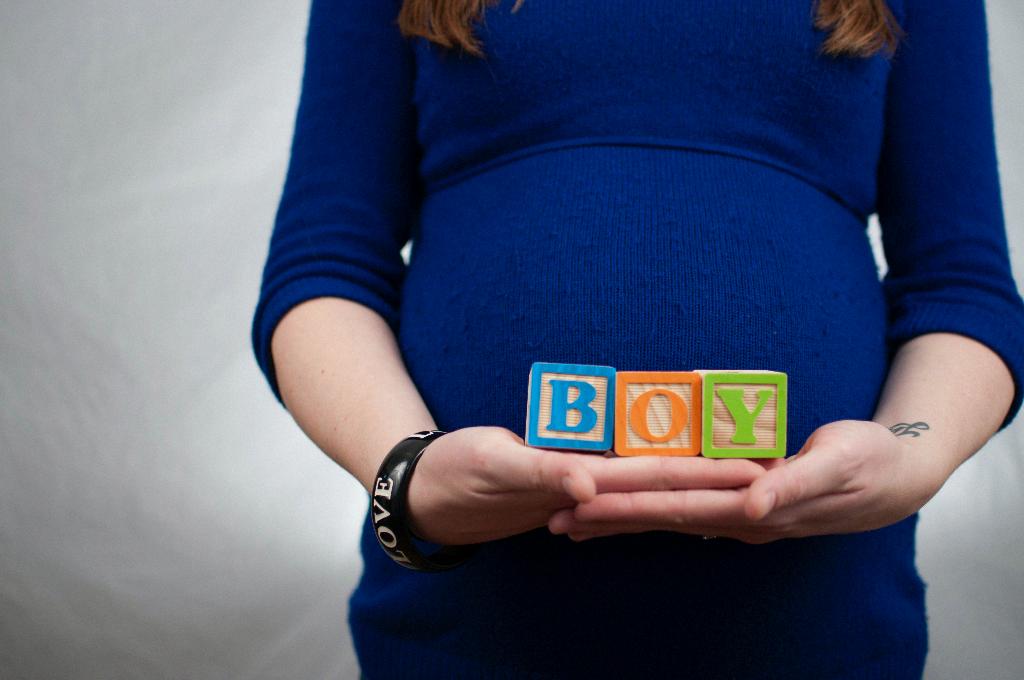As pregnant women, our bodies go through a myriad of changes to support the growth and development of a new life. However, sometimes unexpected health issues arise that can complicate the pregnancy journey. One such concern is the presence of gallstones and how they can potentially affect both the mother and the baby during pregnancy.
What are Gallstones?
Gallstones are hardened deposits that form in the gallbladder, a small organ located beneath the liver. These stones can vary in size and composition and may develop due to an imbalance in the substances that make up bile, a digestive fluid produced by the liver.
Symptoms of Gallstones
While not all pregnant women with gallstones experience symptoms, some may notice signs such as persistent abdominal pain, nausea, vomiting, and bloating. These symptoms can be exacerbated during pregnancy due to hormonal changes and the pressure of the growing uterus on the gallbladder.
Implications for Pregnancy
When gallstones are present and symptomatic during pregnancy, there is a potential for complications that can impact both the mother and the developing baby. Severe pain and inflammation caused by gallstones may lead to difficulties in eating and maintaining proper nutrition, which are essential for fetal growth.
Risk Factors
Several factors can contribute to the development of gallstones during pregnancy, including hormonal fluctuations, rapid weight loss or gain, a high-fat diet, and a family history of gallbladder issues. Certain lifestyle choices and pre-existing medical conditions can also increase the likelihood of developing gallstones.
Diagnosis and Treatment
If a pregnant woman presents with symptoms suggestive of gallstones, a healthcare provider may order tests such as an ultrasound or blood work to confirm the diagnosis. Treatment options may vary depending on the severity of the symptoms and the stage of pregnancy, ranging from conservative measures like dietary modifications to more invasive interventions such as surgery.
Monitoring and Management
Regular monitoring and management of gallstone-related complications during pregnancy are crucial to ensure the well-being of both the mother and the baby. Close communication between the patient, obstetrician, and gastroenterologist is essential to coordinate care and address any emerging concerns promptly.
Potential Risks to the Baby
While gallstones themselves may not directly harm the baby, severe complications like gallbladder inflammation or infection can affect maternal health, leading to potential consequences for the pregnancy. It’s essential to address gallstone-related issues promptly to minimize risks to both the mother and the baby.
Preventive Measures
Although gallstones cannot always be prevented, adopting a healthy lifestyle that includes a balanced diet, regular exercise, and adequate hydration can lower the risk of developing gallstones during pregnancy. Maintaining a healthy weight and seeking medical advice for any concerning symptoms are also crucial preventive measures.
Conclusion
In conclusion, the presence of gallstones during pregnancy can pose challenges that require careful management and monitoring. By staying informed about the symptoms, risk factors, and treatment options associated with gallstones, pregnant women can take proactive steps to safeguard their health and the well-being of their baby. Seek timely medical attention and collaborate with healthcare providers to navigate any gallstone-related issues that may arise during pregnancy.

